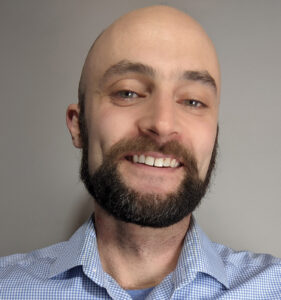Making the Practice of Deceleration Normal, and Natural
Am I the only one who’s noticed a shift in the pace of life these days? Stepping into this new role as guest editor, I’ve reflected on it more than usual. I wake up to an onslaught of urgent emails and push notifications that demand immediate responses, leaving little room for quiet reflection. While there are many tech-driven advances that have brought us convenience, speed and savings, these developments also pose a particular challenge to our well-being: the erosion of our ability to slow down and simply be present.
One powerful antidote to this is the theme of the issue sitting in your hands today: getting “back to nature.” For me, at least, the most reliable action for counterbalancing the frenetic rhythms of modern life is the simple act of stepping outside and mindfully observing the natural world in all of its gentle profundity.
When we take moments to appreciate nature—the rustle of leaves in the wind, the rhythm of ocean waves, a simple sunset—we break free from the constant demand for swift action. Nature operates at a pace that can’t be rushed, and in its presence, we are reminded that life is not about racing from one task to the next, but about engaging fully with each experience.
I’d like to think that the intentional slowing down we feel in nature is not entirely dissimilar to the liberal arts atmosphere that surrounds us at Pomona.
Instead of rushing through a checklist of prerequisites or focusing on a narrow band of vocational skills, Pomona asks students to engage with a wide variety of perspective-broadening disciplines, teaching them to appreciate the interconnectedness of ideas and the complexity of the human experience. With a curriculum that forces us to think deeply, critically and holistically, we can soften our pace, reflect on the larger picture, and wrestle with a robust range of ideas here before going off to the great, big “real world” (whatever that means).
Sagehens graduate not only informed and skilled, but also thoughtful, curious and empathetic. Somewhat paradoxically, they’re better equipped to navigate a world that demands instant answers because they have learned to take the time to think differently, and more creatively. In both the act of appreciating nature and the ethos of a liberal arts education, there is a shared recognition that the process of deceleration—whether it’s to absorb the beauty of the natural world or to deeply explore a complex idea—enriches our lives. It helps us cultivate a more profound understanding of ourselves, the world, and our place within it.
—Adam Conner-Simons ’08
Guest Editor

